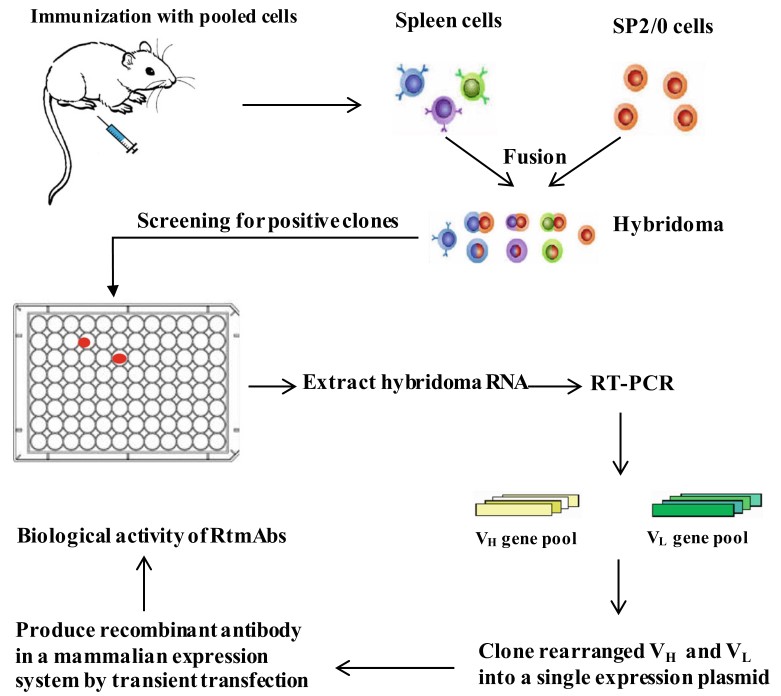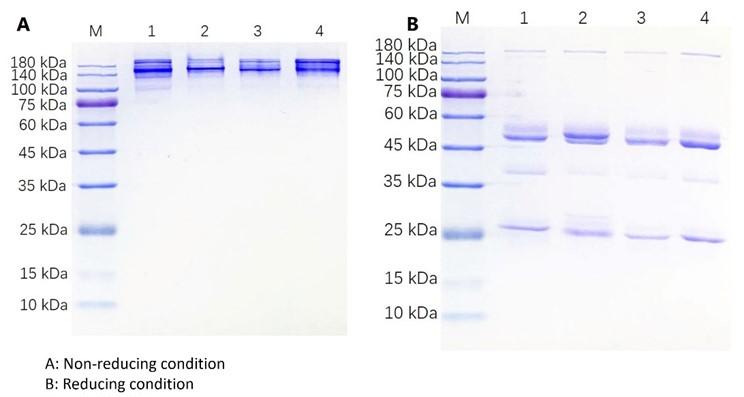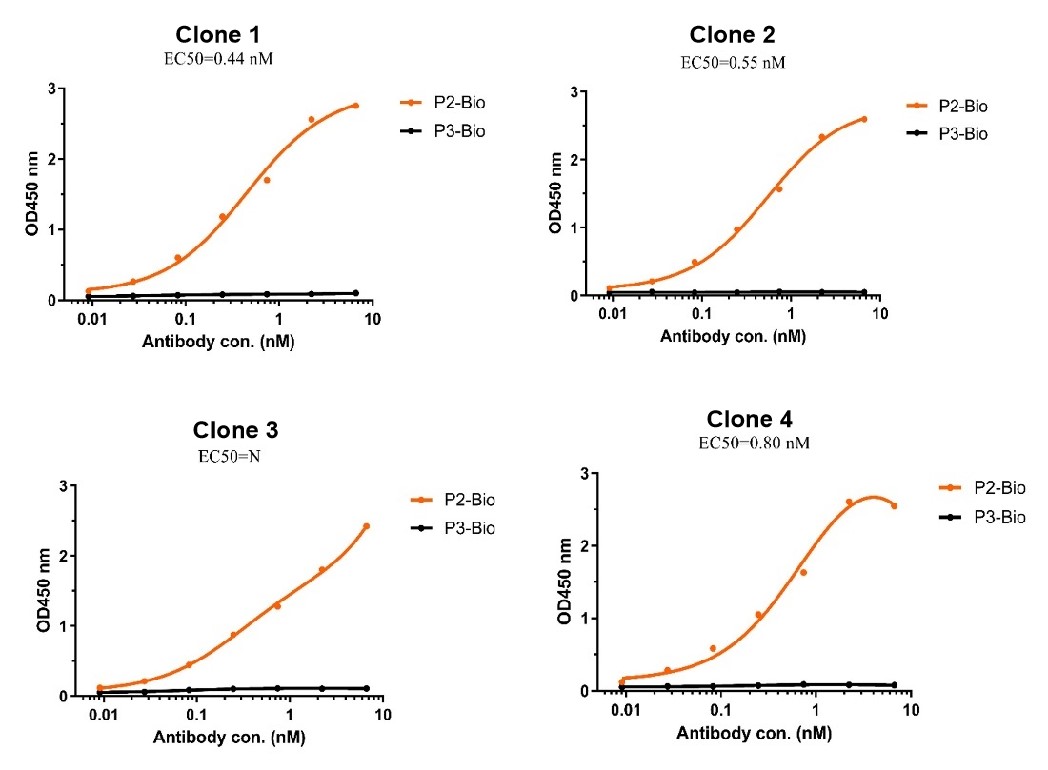Creative Biolabs has established a unique platform to develop high-affinity monoclonal antibodies in rats. Compared with commonly used mouse antibodies, rat antibodies do not have background cross-reaction problems in immune detection of antigens out of a mouse background, such as a mouse antigen from a mouse animal model. Another reason is that antibodies against mouse protein are difficult to raise in mice themselves. Therefore, antibodies from other species have to be considered and rat monoclonal antibodies are a good choice.
Initially, hybridoma technology was limited to the antigen in mice, but with the development of the field, the development of multiple antigen monoclonal antibodies (mAbs) has become a mature technology, these antigens from different species, such as the rabbits, people, chickens, goats, sheep, cows, mice, guinea pigs and rats. The technology of monoclonal antibody production and the development of new tests such as radioimmunoassay or Enzyme-Linked immune-sorbent Assay (ELISA) have provided scientists with new tools to study rat immune responses. Rat immunoglobulins are now well characterized and most of their physicochemical and biological properties, which can be interesting to know when making rat hybridomas or using rat monoclonal antibodies, are readily available. Scientists in Belgium created a rat myeloma cell line IR983, allowing the generation of the first rat mAbs. The rat hybridoma system is a very helpful tool for biomedical research.
As known to all, rat mAbs are much more difficult to develop compared with mouse monoclonal antibodies due to the lack of a stable fusion partner cell line for rat hybridoma generation. With years of exploration, Creative Biolabs has developed a proprietary hybridoma-generation platform for the efficient development of high-affinity and high-specificity rat monoclonal antibodies. Our rat monoclonal antibody platform allows us to offer the most comprehensive one-stop custom antibody development services in the industry.
 Fig.1 The schematic representation of a rapid high-throughput selection method to recombinant RtmAbs.1
Fig.1 The schematic representation of a rapid high-throughput selection method to recombinant RtmAbs.1
Deliverables
|
Project Summary
The client provided the peptide sequence, we were contracted to generate monoclonal antibodies. The project was divided into the following stages, namely peptide synthesis and biotin conjugation, rat immunization, then cell fusion, hybridoma screening and subcloning, expansion of the suitable hybridoma candidates, and antibody production.
Results
The antibody purity was determined by SDS-PAGE respectively and the antibody integrity was good.
 Fig.2 PAGE analysis of four purified antibodies (Lane 1-4).
Fig.2 PAGE analysis of four purified antibodies (Lane 1-4).
The QC ELISA results.
 Fig.3 Affinity measurement of four clones.
Fig.3 Affinity measurement of four clones.
Creative Biolabs has extensive experience with case studies in hybridoma technology services and we welcome you to discuss your project difficulties and solutions at any time. Please feel free to contact us.
Reference
All listed services and products are For Research Use Only. Do Not use in any diagnostic or therapeutic applications.
| USA:
Europe: Germany: |
|
|
Call us at: USA: UK: Germany: |
|
|
Fax:
|
|
| Email: info@creative-biolabs.com |
